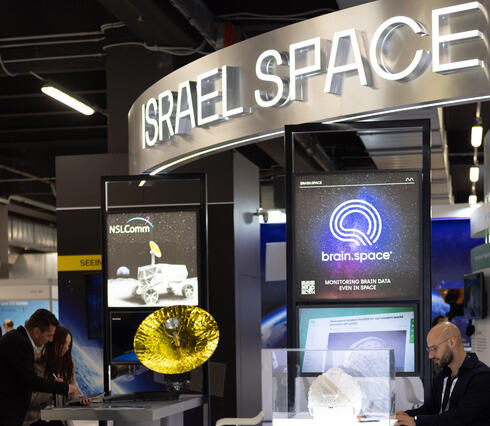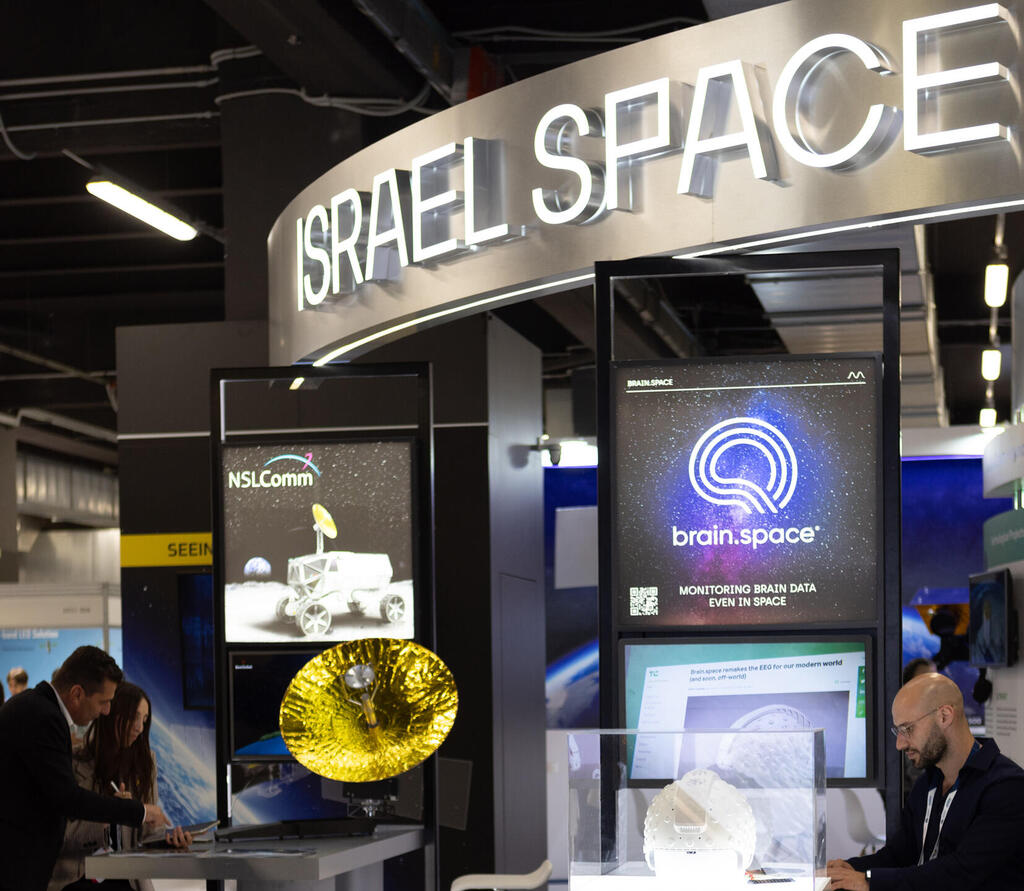
"Networking in the high-tech industry is critical, especially in a field like space"
The Israel Space Forum provides Israeli companies with an essential platform for expanding international collaborations and integrating into global projects
The space industry presents numerous challenges, particularly for small companies and startups aiming to break into the competitive market. The Israel Space Forum has emerged as a vital hub, connecting Israeli companies with international players and providing tools and platforms to foster relationships and collaborations. For companies like NSLComm, SIM.SPACE, and brain.space, the forum serves as a launchpad, enabling them to enter new markets, integrate into global projects, and establish themselves in the industry.
"Networking in the high-tech industry is critical, especially in a field like space," says Assaf Levin, CEO of SIM.SPACE, which specializes in simulations, hybrid laboratories, and digital coordination for the space sector. "The space field is so vast that there are relatively few companies, so there isn’t much competition. We all help each other."
Efi Ksantini, CEO of NSLComm, also highlighted the forum's role in supporting smaller companies. "The forum is an essential platform for small companies like ours, which don't always have a large business development department," he said. "Through the forum, we reach international companies and organizations and make important industry connections. The forum helps expand the ecosystem in which we operate, allowing us to showcase our technologies to key players in the international space industry."
According to Yair Levy, co-founder and CEO of brain.space, the Israel Space Forum was instrumental in connecting the company to international entities like NASA and has been a significant partner in their success since the Rakia mission. Levy emphasized that their goal in participating in the conference is to broaden cooperation with research bodies in the space and security sectors while exposing brain.space to more international companies. This aims to leverage the company’s success in Israel for further growth abroad.
Brain.space specializes in collecting data from the brain and body, quantifying users' mental and cognitive states. During the Rakia mission, the company conducted a unique experiment proving its platform's ability to assess astronauts' cognitive and mental states in space conditions. Their helmet can measure declines in cognitive and mental abilities, providing early warnings that may prevent performance impairments during prolonged missions. The three companies participated in the Israel Space Forum’s pavilion, which for the first time at a global space conference, showcased Israel's space industry, including major companies like Elbit Systems and Rafael.
The Israeli pavilion also featured ventures and startups that benefit from government funding through the Israel Space Agency and the Ministry of Innovation, Science, and Technology, as well as educational projects, including companies like Stamred, SpaceIL, ULTRASAT, and more.
Brigadier General Uri Oron, director of the Israel Space Agency, emphasized that the pavilion highlights both the strong connections within Israel’s ecosystem and the potential of the space sector as a growth engine for Israel’s economy and society.















